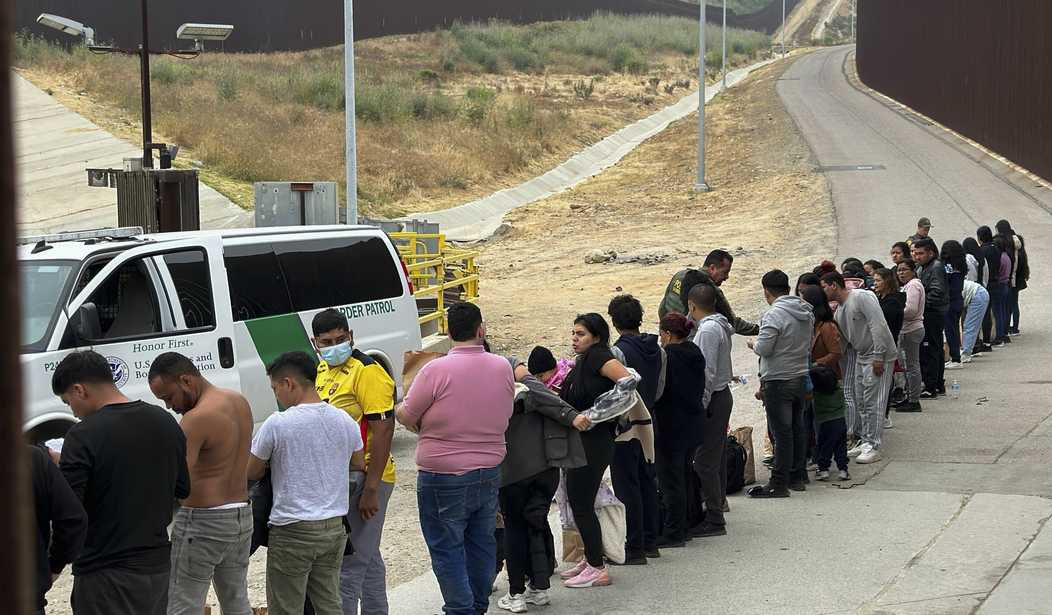The game's afoot! The utterly predictable has happened in the ongoing debate over illegal immigration: On Wednesday, the Ninth Circuit Court blocked Donald Trump's executive order on birthright citizenship.
The U.S. Court of Appeals for the Ninth Circuit blocked the Trump administration's ban on birth order immigration from taking force on Wednesday, a legal blow that could kick the issue into the hands of the Supreme Court.
The appellate judges ruled unanimously that the administration failed to show that it was likely to succeed on the merits of its appeal, prompting the panel to rule 3-0 against hearing their emergency request.
"The emergency motion for a partial stay of the district court’s February 6, 2025, preliminary injunction is denied," the judges wrote.
Birthright citizenship, as currently practiced, grants citizenship to children born in the United States regardless of the parent's immigration status; as presently interpreted, children of illegal aliens born in the United States are, therefore, citizens.
The Ninth Circuit's ruling is in response to the appeal of an earlier decision, which now remains in force.
The ruling leaves in place a Seattle district court's decision to temporarily block the executive order from coming into force. The court said Wednesday it will proceed with its June deadline to consider more closely the merits of the case.
To date, no court has sided with the Trump administration's executive order seeking to ban birthright citizenship, though multiple district courts have blocked it from taking effect.
The Department of Justice, for its part, has sought to characterize the order as an "integral part of President Trump’s broader effort to repair the United States’ immigration system, and to address the ongoing crisis at the southern border."
On Monday, RedState's own streiff wrote that the efforts to stop Trump's ban may ultimately prevail:
Previously on RedState: Stopping Trump's Birthright Citizenship Ban May Not Be the Slam Dunk the Left Thinks
The issue will almost certainly be decided by the Supreme Court.
The question rides largely on the determined meaning of the 14th Amendmen's first sentence:
All persons born or naturalized in the United States, and subject to the jurisdiction thereof, are citizens of the United States and of the State wherein they reside.
"Subject to the jurisdiction of" being the salient point. Most proponents of the president's EO and of ending the practice of birthright citizenship maintain that "subject to the jurisdiction of" means citizens and legal permanent residents; a person in the country illegally does not qualify.
That's likely where any Supreme Court decision will be determined.
Everyone knows the history of the 14th Amendment. It was passed specifically to give American citizenship to freed slaves and to disavow the finding in Dred Scott vs. Sanford that "A free negro of the African race, whose ancestors were brought to this country and sold as slaves, is not a "citizen" within the meaning of the Constitution of the United States." Indians did not enjoy birthright citizenship until the "Indian Citizenship Act of 1924." This, right there, should be a clue that the clause, “All persons born or naturalized in the United States, and subject to the jurisdiction thereof, are citizens of the United States and of the state wherein they reside,” did not apply to everyone.
See Related: It Begins: 18 States Sue to Block Trump's Birthright Citizenship Ban
As of this writing, the Trump administration has not replied to the ruling, but it's a safe bet that it will be appealed.
We will (as always) be bringing you updates as events warrant.














Join the conversation as a VIP Member